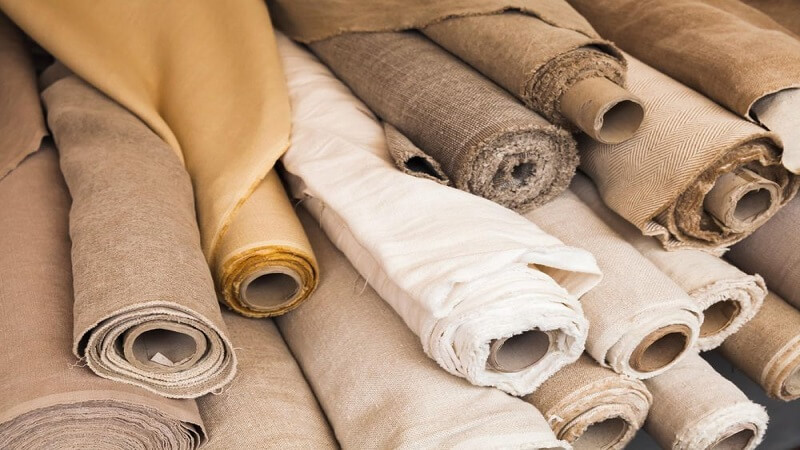As awareness of the environmental impact of the textile industry grows, more makers are seeking ways to align their creative projects with sustainable values. Whether you’re a quilter, fashion designer, or hobbyist crafter, sourcing sustainable fabric is one of the most powerful ways to reduce waste, promote ethical practices, and make environmentally responsible choices. But with so many options out there, where do you begin?
Here’s a guide to understanding what makes a fabric sustainable and where to find organic, ethical, and eco-conscious materials that support both your craft and the planet.
What Makes Fabric Sustainable?
Sustainable fabrics are those produced in ways that minimize environmental harm and support fair labor practices. Key factors to consider include:
- Organic certification: Fabrics made from organic fibers (like organic cotton, linen, or hemp) are grown without harmful pesticides, synthetic fertilizers, or GMOs.
- Eco-friendly processing: Sustainable production methods reduce water usage, chemical runoff, and energy consumption.
- Ethical labor: Fair trade and labor transparency ensure that workers are paid fairly and operate in safe conditions.
- Low-impact dyes: Eco-conscious fabrics often use plant-based or low-toxicity dyes to reduce pollution.
Where to Source Sustainable Fabric
1. Online Retailers Specializing in Eco-Fabrics
Several websites focus exclusively on selling sustainable and organic textiles. These platforms often provide detailed information about fiber origins, certifications, and production methods.
- Organic Cotton Plus: One of the first certified organic fabric suppliers in the U.S., offering a wide range of organic cotton in knits, wovens, and canvas.
- The Fabric Store: Offers OEKO-TEX and GOTS-certified fabrics, including linen, wool, and organic cotton with a stylish, modern selection.
- Spoonflower: While known for its custom prints, Spoonflower also offers organic cotton options and prints using water-based inks.
2. Fair Trade and Ethical Brands
Brands focused on transparency and ethical sourcing often sell surplus or deadstock fabrics. Supporting these businesses contributes to a more equitable textile supply chain.
- Offset Warehouse: A UK-based supplier offering ethical, low-impact fabrics from artisan producers and cooperatives.
- Fair Trade Fabrics: Offers block-printed cottons and artisan-made textiles from India and other regions that support fair labor.
3. Local and Artisan Markets
Farmer’s markets, craft fairs, and textile expos often feature locally made or upcycled fabrics. Supporting small-scale producers reduces transportation emissions and supports community economies.
4. Reclaimed and Deadstock Fabric Suppliers
Using reclaimed fabric is one of the most eco-friendly choices you can make. Deadstock suppliers sell leftover or unused fabric from the fashion industry.
- FabScrap: A nonprofit diverting textile waste from landfills, offering designer-quality remnants at low cost.
- Queen of Raw: A marketplace for buying and selling unused fabric from brands and manufacturers, perfect for finding high-quality materials sustainably.
Crafting With Purpose
Sourcing sustainable fabric doesn’t just make your project more eco-friendly. It tells a story of intention, ethics, and care. By choosing materials that are kind to people and the planet, you’re creating something that goes beyond beauty, it reflects your values.
Every stitch counts. When you choose sustainable fabric, you’re not just making something, you’re making a difference.

